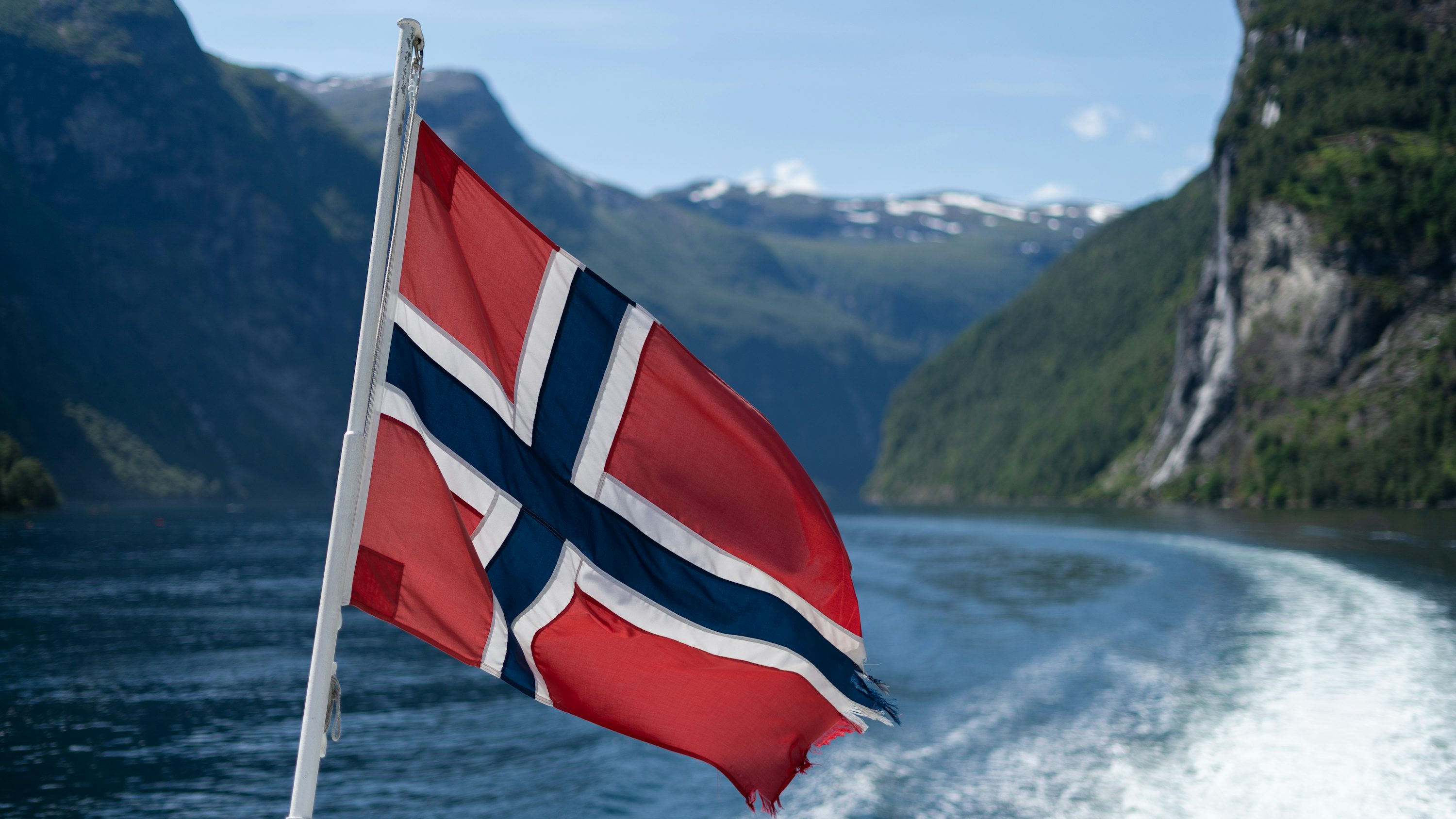Norway is becoming an increasingly popular study destination for International students, thanks to its world-class universities, high-quality education system, and tuition-free opportunities at many public institutions. Known for its stunning natural beauty, safe environment, and strong emphasis on research and innovation, Norway offers an ideal setting for both academic and personal growth. The best part? Numerous fully funded and partial scholarships are available for International students, making it possible to study in Norway without the heavy financial burden.
Whether you’re aiming for a bachelor’s, master’s, or PhD program, Norwegian universities and government initiatives provide generous funding that can cover tuition, living expenses, travel, and more. In this guide, we’ve compiled a comprehensive list of the top scholarships in Norway for International students for 2025–2026, along with essential details to help you choose the right opportunity and prepare a strong application. Studying in Norway could be your gateway to a global career and an unforgettable cultural experience.
Top Scholarships in Norway for International Students 2025 - 2026
- BI Presidential Scholarship – BI Norwegian Business School - Lead with Excellence at Norway’s Premier Business School
- University of Oslo Scholarships - Study Smart, Shine Bright – Scholarships at University of Oslo
- NTNU Scholarships – Norwegian University of Science and Technology - NTNU – Shaping Future Innovators from Pakistan to the World
- Norwegian Partnership Programme for Global Academic Cooperation - Study, Exchange, and Collaborate – Norway and Pakistan Together
- Research Council of Norway (RCN) Scholarships - Advance Global Research with Norway’s Leading Council
- Erasmus+ Joint Master Degrees (EMJMDs) with Norway - Study Across Europe — Fully Funded Master's with Norway through Erasmus+!
- University of Bergen Scholarships - Funded Futures Begin at University of Bergen
- UiT The Arctic University of Norway Scholarships - Explore Knowledge at the Arctic Edge
- HEC-Norway Joint Programs (Occasional) - Explore Norway, Excel Globally – Backed by HEC
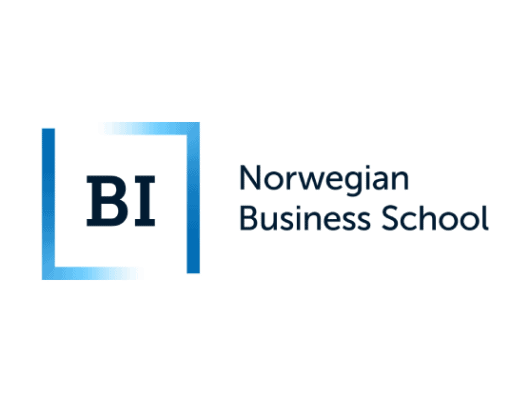
BI Norwegian Business School offers a fully funded scholarship for top-performing international students to pursue a Master’s degree in business fields.

University of Oslo offers partial scholarships and research funding for top international Master’s and PhD students, including from Pakistan.
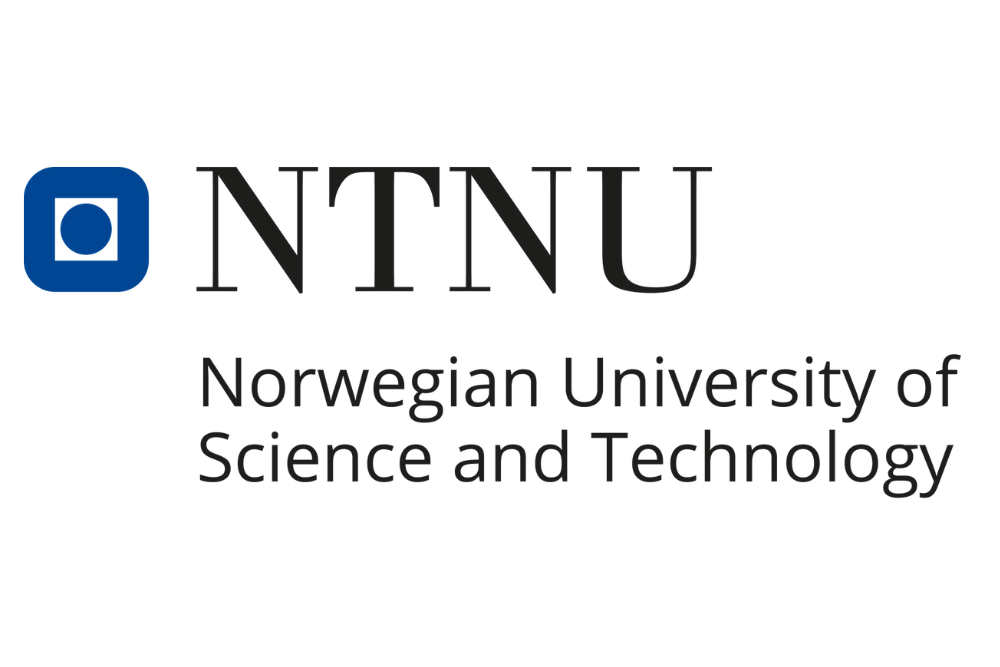
Norwegian University of Science and Technology offers tuition support and international research exposure to Pakistani students in top engineering and science programs.
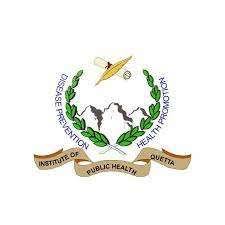
NORPART supports Pakistani students through exchange and mobility grants for study in Norway via institutional partnerships.
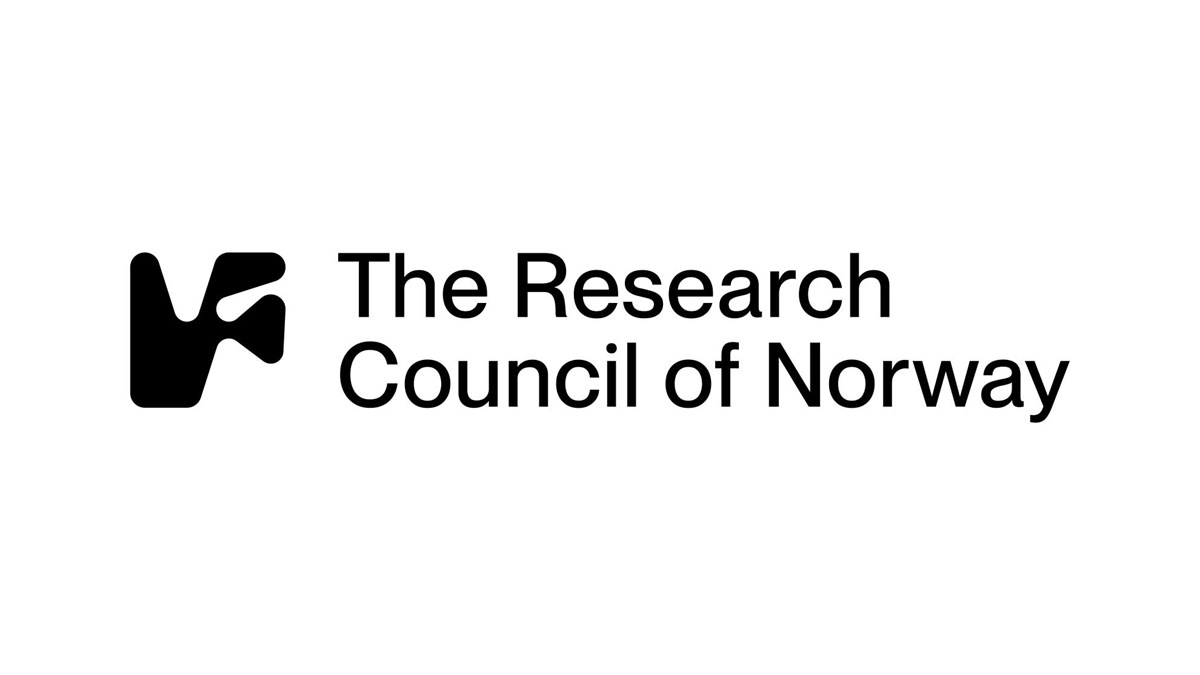
Research Council of Norway Scholarships support funded PhD and postdoc research for Pakistani students in top Norwegian institutions.
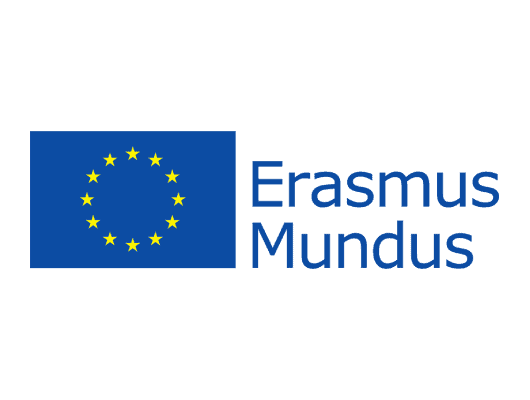
Erasmus+ Joint Master Degrees with Norway offer fully funded, multi-country Master's programs ideal for Pakistani students seeking global education and experience.

University of Bergen Scholarships support Pakistani students through funded master’s and PhD research opportunities, mainly via global academic partnerships.
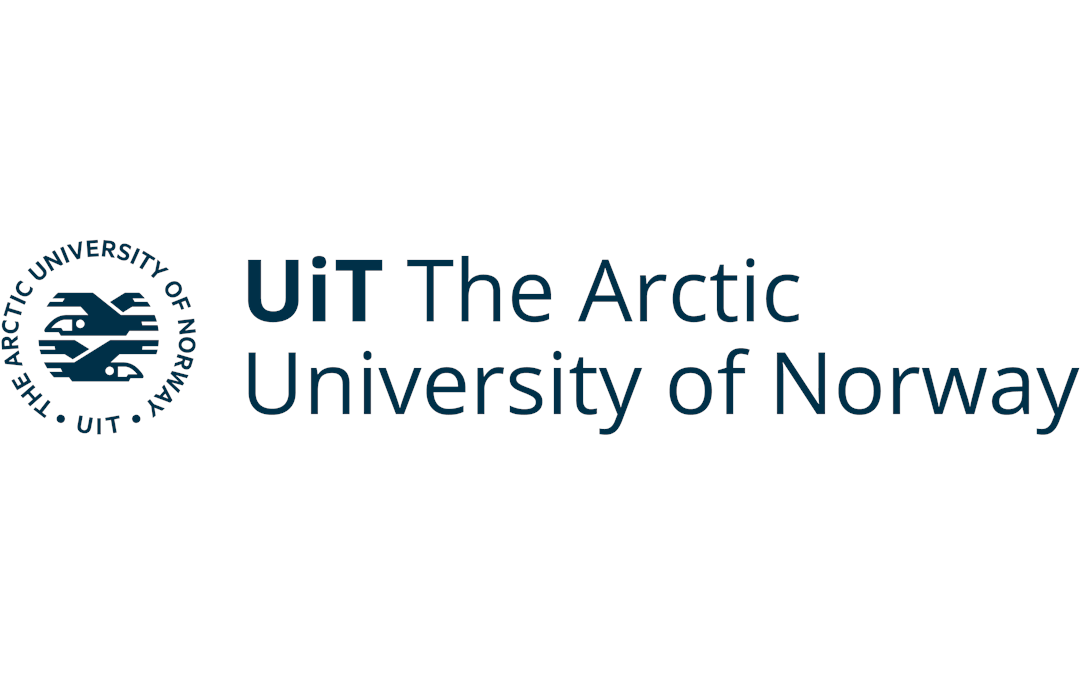
UiT offers merit-based scholarships and assistantships to international graduate students, especially in Arctic and climate research fields.
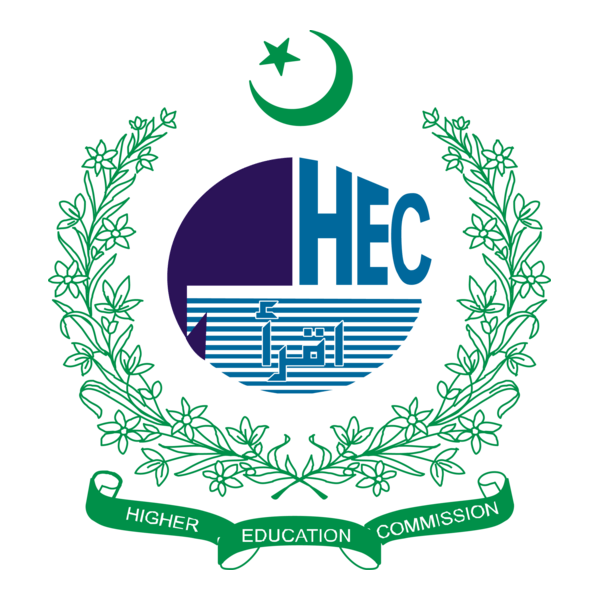
HEC-Norway Joint Programs offer exchange and funding support for Pakistani students in select fields through institutional partnerships.

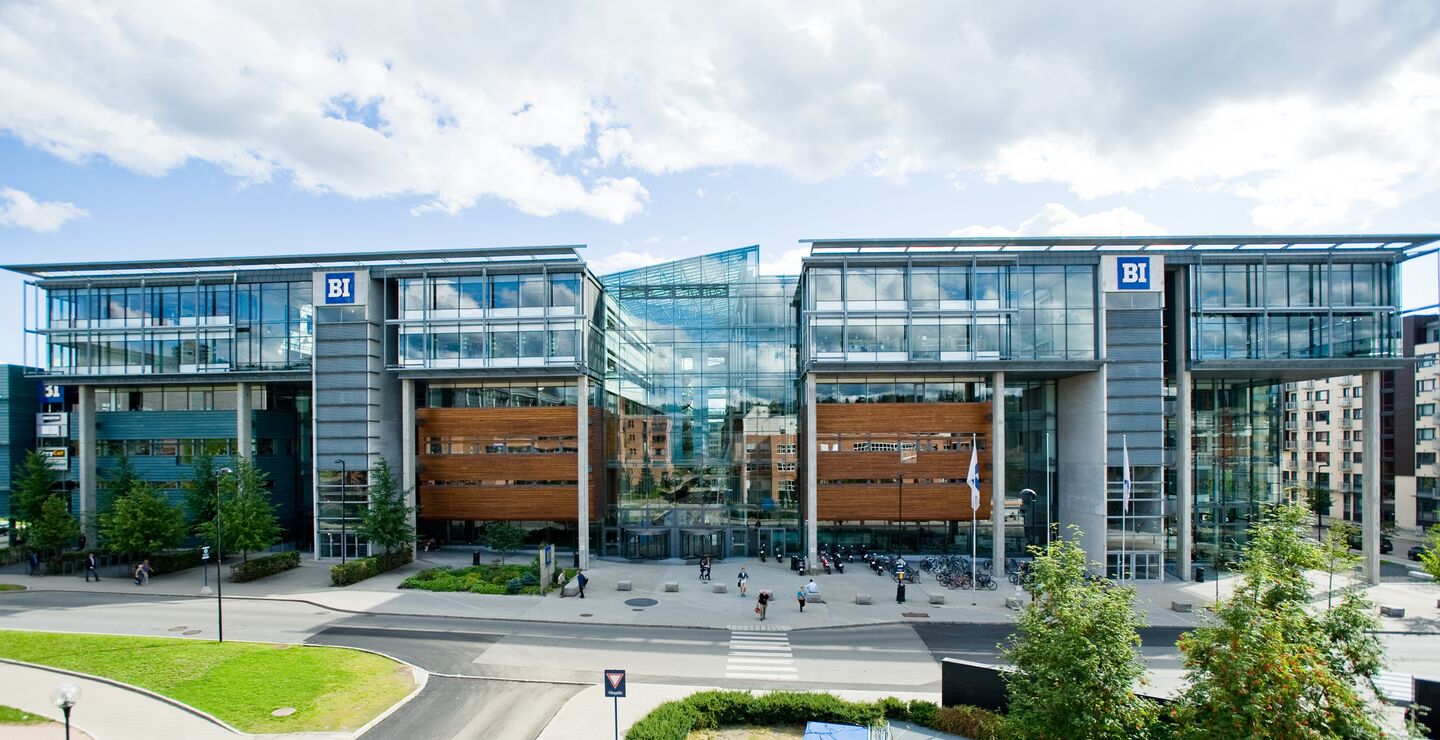
BI Norwegian Business School offers one of the most prestigious scholarships in Europe for business students — the BI Presidential Scholarship. It is specifically designed to attract highly qualified international students to Norway, including those from developing countries such as Pakistan. The scholarship supports outstanding academic achievers who wish to pursue a Master’s degree in a globally recognized business school.
For Pakistani students, this is a golden opportunity to access world-class education without the burden of high tuition costs. The scholarship fully covers tuition fees for the entire duration of the Master's program. In some exceptional cases, top-ranked international applicants may also receive a generous living stipend, which helps cover accommodation, food, transportation, and other living expenses in Norway — one of the most developed and peaceful countries in the world.
The application process is merit-based, meaning only those with strong academic records, a well-drafted motivational letter, and excellent extracurricular achievements stand a chance. For Pakistani students who have studied commerce, business, economics, or related fields, this is a direct pathway to enhance their qualifications and career prospects globally.
Although the scholarship is highly competitive and limited to business-related disciplines, those who succeed gain not only academic excellence but also access to a strong network of professionals, faculty, and future employers across Europe. Studying at BI also opens doors to internship opportunities and potential post-study work placements, which can be a stepping stone for a successful international career.
Pros
Full tuition coverage at a top European business school
Living stipend available for top international students
Excellent global networking and career opportunities
Cons
Extremely competitive selection process
Limited to business-related Master’s programs only
High cost of living in Norway if stipend isn’t granted


The University of Oslo, Norway’s oldest and most prestigious public university, opens its doors to brilliant international students, including those from Pakistan, through a range of research-based scholarships and fellowships. These scholarships are primarily offered at the Master's and PhD levels, making the University of Oslo an ideal destination for Pakistani students aiming for academic and research excellence in Europe.
Pakistani students admitted to specific graduate programs, especially in the faculties of Social Sciences, Natural Sciences, Law, Medicine, and Humanities, may be eligible for financial support in the form of tuition fee waivers, funded research positions, or monthly stipends. In many cases, students can apply for research assistant roles or departmental grants that contribute toward living expenses and accommodation, making the cost of studying in Norway manageable.
The scholarship and fellowship opportunities are tied closely to academic merit and research potential. For Pakistani students with a strong academic record and clear research interests, this can be an excellent pathway to gain international exposure and contribute to high-impact projects under the supervision of globally renowned faculty members. The university’s inclusive environment, state-of-the-art research facilities, and commitment to global collaboration enhance the academic journey for international scholars.
While these opportunities are competitive and vary by faculty, Pakistani students who plan early, maintain strong academic performance, and align their interests with departmental priorities can significantly improve their chances of selection. Studying in Norway also provides the added benefit of living in a peaceful, scenic, and highly developed country, with no tuition fees in public institutions and a strong emphasis on education for sustainable development.
Pros
Globally respected research-oriented institution
Partial funding and research support available for talented students
High academic standards with strong faculty mentorship
Cons
Living expenses in Oslo are quite high
Scholarships not fully funded for most programs
Limited seats make it highly competitive for international applicants


The Norwegian University of Science and Technology (NTNU) is one of the top-ranked technical institutions in Europe, known for its excellence in engineering, natural sciences, IT, and innovation. Pakistani students aiming for careers in science, technology, and research-driven fields will find NTNU an ideal academic destination. The university offers various tuition-free Master's programs in English and extends scholarship opportunities through international mobility programs like NORPART, Erasmus+, and departmental research funds.
Pakistani students applying to NTNU’s international Master’s programs between December and March can become eligible for full or partial tuition support. While tuition itself is often free in public Norwegian universities, some NTNU scholarships also include support for living costs, especially through partnerships or externally funded grants. This makes it a cost-effective and prestigious option for students who have a strong academic background and motivation for research or technical leadership.
The selection is highly competitive, especially for programs offering financial support. However, Pakistani students with a solid academic record, a strong statement of purpose, and relevant experience have a good chance of being considered. NTNU is also part of many international research collaborations, increasing students' exposure to global opportunities. Students from Pakistan can benefit not only from the quality education but also from the cultural diversity and safe environment of Norway.
For those seeking to study abroad without the burden of heavy tuition, NTNU's scholarships and partnerships offer a structured and credible pathway. The degrees earned are internationally recognized, and Norway’s progressive immigration laws allow post-study work rights, enhancing the long-term value of the education. Pakistani students should keep track of NTNU’s official deadlines and begin preparations early to secure admission and possible financial aid.
Pros
Strong reputation in engineering, science, and tech fields
Tuition-free education with potential external living cost support
Excellent international mobility and research collaboration opportunities
Cons
Living expenses in Norway are high if not covered
Limited scholarships for non-technical or humanities programs
Financial aid is limited and highly competitive

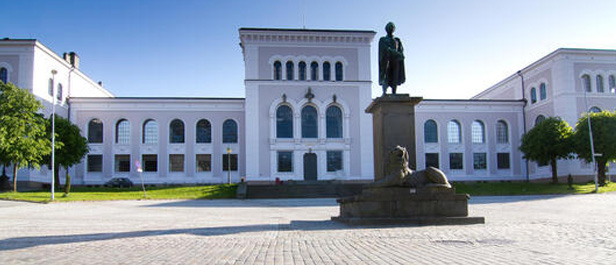
The NORPART Program (Norwegian Partnership Programme for Global Academic Cooperation) is a government-funded initiative led by the Norwegian Ministry of Education and Research. It aims to strengthen academic collaboration between Norway and developing countries, including Pakistan, by promoting student and staff mobility at the Bachelor’s, Master’s, and PhD levels.
For Pakistani students, this program offers short- and long-term exchange opportunities through partner universities like NUST, COMSATS, UET Lahore, and others. Selected students can study in Norway for one semester to a full academic year, gaining exposure to high-quality education, cutting-edge research, and a multicultural academic environment.
One of the key advantages of the NORPART Program is its comprehensive financial support. This includes a monthly stipend, travel allowance, housing support, and academic supervision, allowing students to focus entirely on their studies without the burden of expenses. Also, no tuition fees are charged to students participating through this program.
However, applicants must be currently enrolled in a participating Pakistani institution, and selections are handled locally by the university’s international office. Availability depends on existing agreements, fields of study, and the number of scholarships granted each year.
This is an exceptional opportunity for Pakistani students to build global competence, enhance their academic profile, and establish professional connections across borders — all while enjoying the beautiful and progressive environment of Norway.
Pros
Funded exchange (stipend + travel)
Study in Norway via Pakistani universities
Builds academic networks
Cons
Only for partner institutions
Short-term, not full degree
Limited seats and funding


The Research Council of Norway (RCN) is the main governmental body responsible for promoting and funding high-level research in Norway. It provides generous funding schemes for PhD and Postdoctoral researchers, particularly in science, technology, medicine, climate change, and social sciences. While RCN doesn’t offer standalone scholarships like universities, it funds research projects that include positions for international students and scholars—including Pakistani nationals—through affiliated Norwegian institutions.
For Pakistani students and researchers, RCN provides a unique opportunity to participate in internationally funded collaborative research. Many research projects in Norway are designed to involve researchers from partner countries, and Pakistan is increasingly represented in fields like engineering, energy, biotechnology, and development studies. Pakistani PhD candidates can join Norwegian universities through RCN-funded programs, provided they are accepted and affiliated with a Norwegian research institution.
The financial benefits under RCN-funded positions typically include monthly stipends, research allowances, conference travel funding, and sometimes family support. These research roles are usually advertised by Norwegian universities and institutions, and students apply through open calls rather than a central scholarship portal. Since education in Norway is tuition-free, these programs further minimize the cost of international study for Pakistani scholars.
However, Pakistani applicants must secure a supervisor or research position within an ongoing RCN-funded project before applying. Unlike traditional scholarships, there is no direct application form; the opportunity lies in applying for funded PhD or Postdoc positions announced on institutional websites. For committed Pakistani researchers looking to build a strong academic and research career in Europe, RCN programs are a prestigious and practical pathway to success.
Pros
Access to cutting-edge research funding
Opportunity to collaborate with global researchers
Monthly stipend with travel and research cost coverage
Cons
Must be enrolled or affiliated with a Norwegian research institution
No direct application route for individuals (project-based entry)
Competitive and limited to research-focused fields

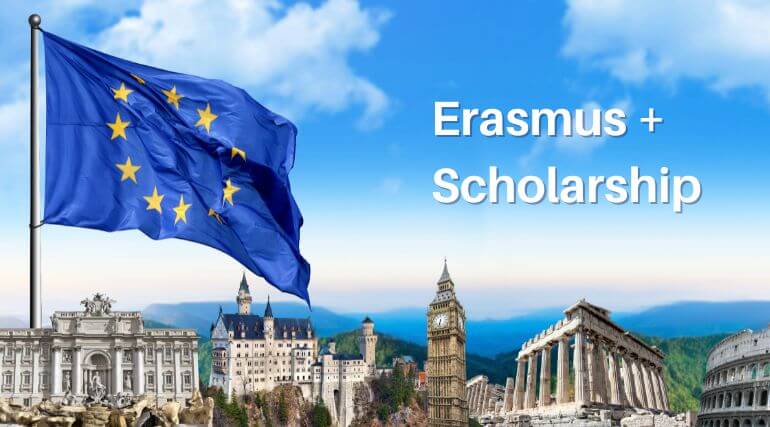
The Erasmus+ Joint Master Degrees (EMJMDs) are prestigious, fully funded international Master's programs funded by the European Union. These programs are designed to promote academic excellence and cultural exchange by allowing students to study in two or more European countries, often including Norway as one of the host institutions. Many Norwegian universities, such as the University of Bergen and the Norwegian University of Science and Technology (NTNU), actively participate in EMJMD consortia.
For Pakistani students, EMJMDs present a golden opportunity to earn a high-quality European degree without worrying about financial constraints. These scholarships cover full tuition fees, monthly living stipends, travel costs, and insurance. Pakistani applicants are classified as “Partner Country” candidates, meaning they are eligible for higher funding packages compared to EU students. The programs are highly competitive but accessible to motivated students with strong academic backgrounds.
EMJMDs typically last two years and are offered across diverse fields such as engineering, sustainability, health, social sciences, and data science. Students usually spend one semester in each partner country, gaining multi-country exposure, and complete a joint or double degree at the end. Programs featuring Norway provide a unique opportunity to study in a world-class education system that combines academic rigor with scenic beauty and a high quality of life.
Applications are made directly through the program websites listed on the Erasmus+ portal, with deadlines between October and January, depending on the consortium. Pakistani students must carefully check eligibility and documentation requirements for each program. With its fully funded structure, international exposure, and post-study career advantages, the Erasmus+ EMJMD is an ideal pathway for Pakistani students aiming for global excellence in education.
Pros
Covers tuition, travel, visa, and monthly stipend
Study in 2–3 European countries, including Norway
Prestigious degree enhances career and academic prospects worldwide
Cons
Limited seats and global competition make it highly selective
Requires applying to specific joint programs with detailed documentation
Studying in multiple countries may be challenging for some students

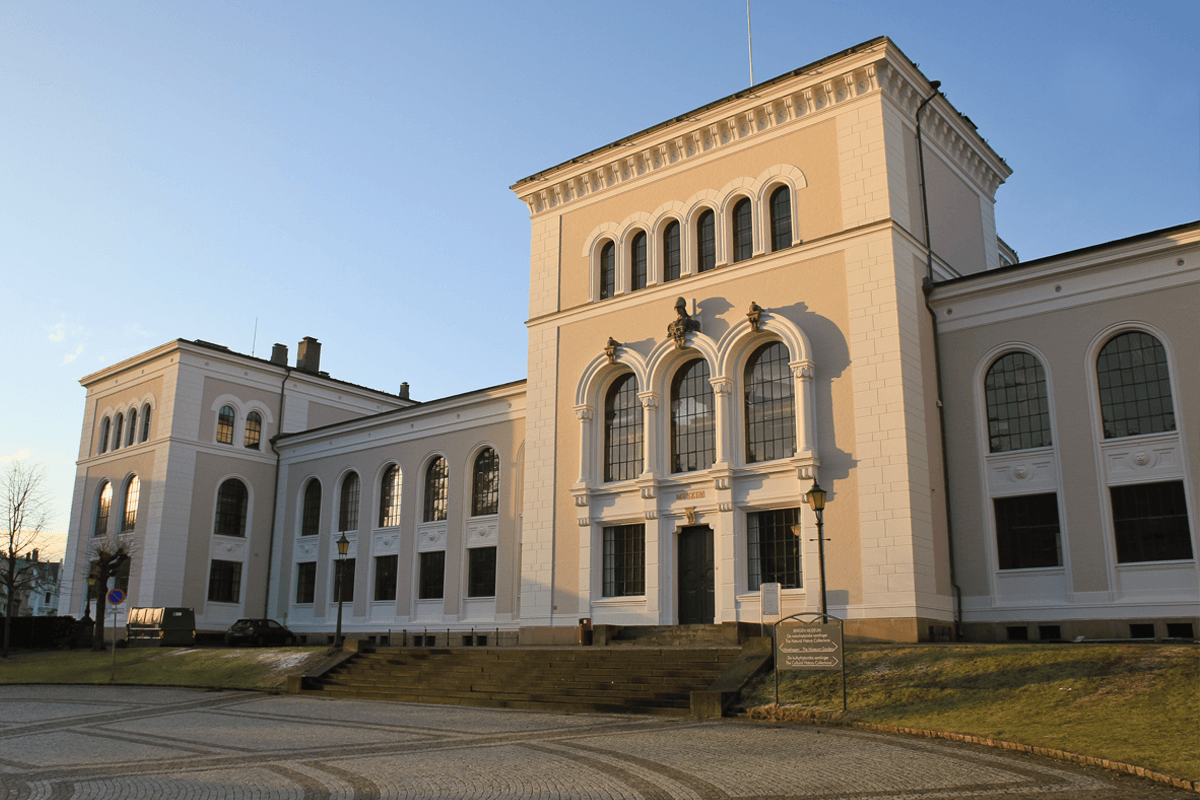
The University of Bergen (UiB) stands among Norway’s most prestigious research-intensive universities, globally recognized for its pioneering work in marine sciences, global health, development studies, and climate change. For Pakistani students with a strong academic background and a passion for solving real-world problems, UiB offers meaningful opportunities to pursue Master’s and PhD programs through a variety of research-driven scholarships. These are often embedded within large-scale international collaborations such as NORPART (Norwegian Partnership Programme for Global Academic Cooperation) and NORHED (Norwegian Programme for Capacity Development in Higher Education and Research for Development).
Scholarships at UiB usually provide full tuition coverage and may include research grants or cost-of-living support, depending on the funding project. Students working on joint development projects—especially those related to climate resilience, health systems, education policy, or sustainability—may also receive monthly stipends and housing assistance. UiB’s mission to enhance South-North academic cooperation makes it an ideal destination for Pakistani students committed to impactful research, innovation, and sustainable development goals (SDGs).
The application process, however, is not centralized. Scholarships are generally managed at the departmental level or via partner universities in Pakistan such as COMSATS, NUST, LUMS, or UET. Interested applicants are encouraged to explore specific faculty-led research initiatives, connect with professors involved in joint projects, and stay updated through departmental pages or formal channels. This direct engagement approach ensures tailored opportunities aligned with a student’s academic profile.
For Pakistani scholars passionate about solving global challenges through localized solutions, UiB offers not just a degree, but a transformative journey. The combination of research excellence, international exposure, and development-oriented education empowers students to build global careers while contributing meaningfully to Pakistan’s progress and the broader global community.
Pros
Strong in global research & SDGs
Covers tuition & research funding
Ties with Pakistani universities (e.g., NUST, COMSATS)
Cons
No unified scholarship portal
Only select fields eligible
Department-specific, not open to all

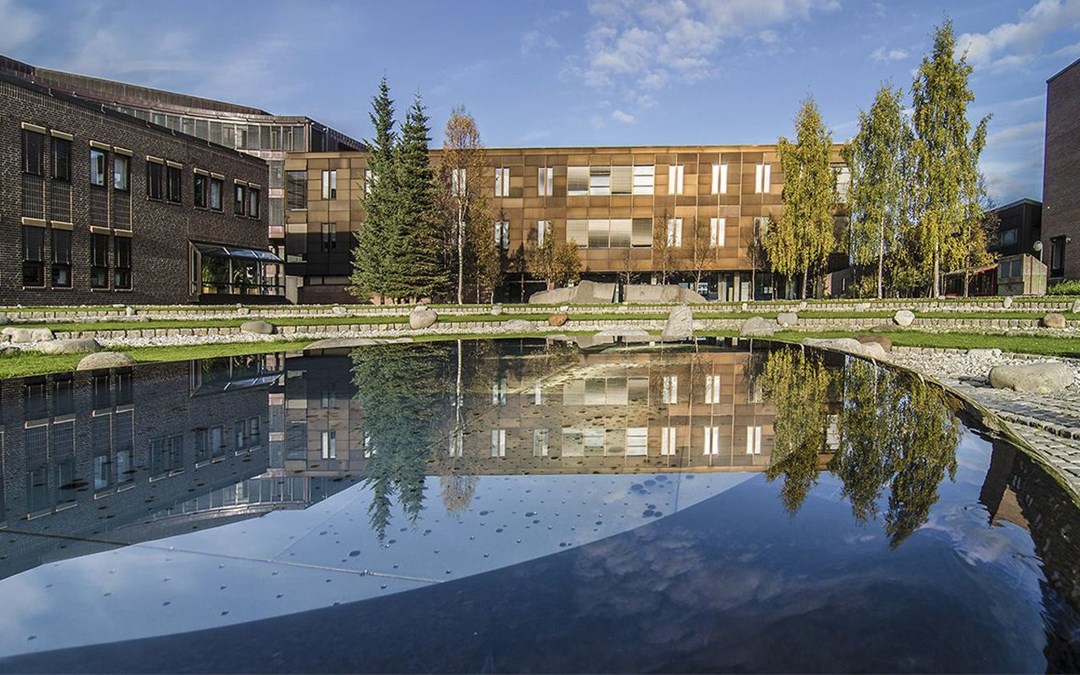
UiT The Arctic University of Norway stands as the world’s northernmost university and a global leader in Arctic research, sustainability, indigenous studies, and environmental sciences. Located in Tromsø, a scenic Arctic city well-equipped with modern infrastructure, UiT offers a one-of-a-kind academic environment where pressing global challenges—like climate change, marine biodiversity, and renewable energy—are addressed through cutting-edge research and international collaboration.
For Pakistani students with a strong academic background and a passion for research, UiT provides exceptional opportunities to pursue Master’s and PhD programs that are deeply rooted in real-world application. Study areas such as Arctic marine biology, climate policy, energy transition, indigenous governance, and northern geopolitics are particularly well-developed and internationally recognized at UiT.
Many of these programs come with research assistantships and departmental stipends, which may include partial or full tuition coverage along with monthly financial support for living expenses. These scholarships are typically awarded to students involved in faculty-led projects or those who show significant research potential in fields aligned with UiT’s academic strengths. The university places strong emphasis on hands-on learning, where students don’t just study theory but actively contribute to ongoing research that influences global policy and sustainability efforts.
Importantly, the scholarship and admission processes are decentralized, meaning Pakistani students should explore the individual program websites and directly contact faculty members or research groups aligned with their academic interests. Early communication and a clear research proposal can significantly enhance your chances of receiving funding.
UiT is also part of major European academic networks, including Erasmus+ and Nordplus, and participates in various EU Horizon research projects, through which additional scholarships and mobility grants may be available. Pakistani institutions such as COMSATS, NUST, or Quaid-i-Azam University have engaged in collaborative research with UiT in the past, offering potential routes for partnership-based funding as well.
While Tromsø’s Arctic environment may seem extreme, it offers a vibrant, inclusive, and international student atmosphere. The city is technologically advanced, culturally rich, and exceptionally safe. The long polar nights and midnight suns may require some adjustment, but they are also part of what makes studying at UiT a transformative and memorable experience.
Pros
Research assistantships with stipend
Specialization in Arctic, climate & indigenous research
Welcoming and supportive student environment
Cons
Extreme cold weather conditions
Scholarships are department-specific
Requires proactive communication with faculty


The HEC-Norway Joint Programs are occasional yet highly valuable academic opportunities for Pakistani students. These initiatives emerge through collaborations between the Higher Education Commission (HEC) of Pakistan and various Norwegian universities. Though not offered on a yearly basis, the programs provide partial funding, exchange opportunities, and research support for undergraduate, postgraduate, and PhD students, particularly in areas like climate change, energy, and sustainable development. When available, they offer a rare chance to study in one of the world’s most progressive and environmentally conscious countries.
One of the biggest advantages of these programs is the involvement of HEC. Being backed by a national institution adds legitimacy and builds student confidence. HEC’s role often makes the process more transparent and manageable, especially when it comes to documentation and the visa process. For students who are navigating international admissions for the first time, this institutional support is extremely valuable.
The academic focus of these collaborations aligns with real-world global challenges. Fields like renewable energy, environmental management, and development studies are not only in high demand internationally but also critically needed in Pakistan. Norwegian universities offer cutting-edge research facilities, interdisciplinary programs, and strong connections to global policy institutions, which greatly benefit Pakistani students looking to create a meaningful impact back home.
However, since these programs are not regularly announced, students must remain proactive. They are typically advertised through HEC’s official website or select university portals in Norway. Pakistani students interested in global careers and research-driven education should monitor these opportunities closely and prepare in advance to apply as soon as they are made available.
Pros
HEC-endorsed and easier visa process
Focused on climate, energy, and development
Offers exchange and partial funding
Cons
Not offered every year
Very limited seats
Info hard to track and scattered

